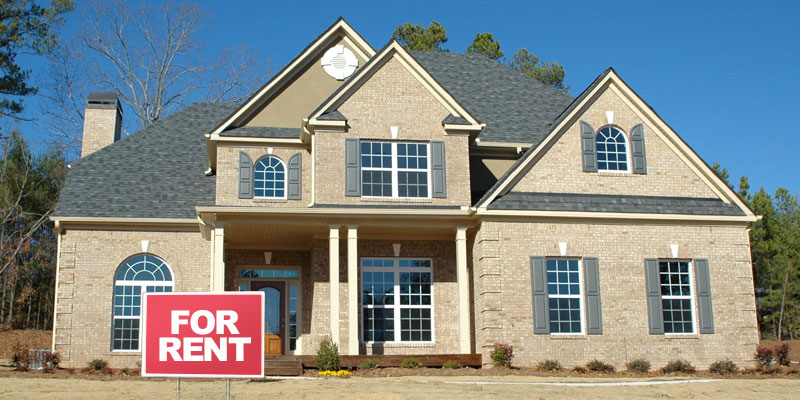Historically, real estate has proven to be a sound investment option. Nowadays, with rental properties scarce and rental fees through the roof, investing in real estate could be considered a great option, especially if you cater to the right demographic in the right location.
With housing affordability near historic lows, many aspiring first-time homebuyers are staying out of the housing market and renting longer, which is a definite plus if your desire is to become a landlord. Before taking the leap, however, you’ll want to consider where renters are locating and what you can comfortably afford in that area.
Affordable housing and quality of life are important factors, so if you can offer a combination of both, you’re off to a good start. If you haven’t already, consider up-and-coming neighbourhoods with direct access to larger, urban centres where property taxes may be lower (good for you), with good schools, access to public transit, and plenty of amenities such as parks, shopping and restaurants (good for your renters). Think about what the house itself has to offer: number of bedrooms; finished basement; large backyard; etc, which may cost you more in the long run, but will appeal to a broader group.
Much like a home you would buy for your personal use, your rental property also requires a great deal of research. While you and your family aren’t going to be living in the house, you still need to take a lot of important details into account. You’ll want to focus on neighbourhoods where demand for rental properties is strong, determine whether the vacancy rate is high, and assess the average rent to ensure it’s inline with what you require to cover your monthly mortgage and expenses. Also, if your rental property isn’t located in the vicinity where you live, you’ll want to consider hiring a local property manager, so keep this in mind when you’re factoring in your costs.
In today’s low interest rate environment, buying an investment property can be quite profitable and should be considered a long-term investment. Lately, an increased demand for real estate has been fueling housing prices, so make sure you arm yourself with all the pros and cons to ensure your desire to be a landlord is profitable and successful.
Other factors to consider
- Tap into the expertise of a realtor who specializes in rental income properties
- Talk to the local real estate board
- Consult with your mortgage agent to learn more about non-owner occupied rental properties
- Educate yourself on landlord-tenant laws
- Consider neighbourhoods that will potentially offer a high return on your investment when the time comes to sell
- Look for move-in ready options
- Focus on areas that are transitioning or gentrified
- Talk to people who currently live in the area to learn more about the neighbourhood
- Find out about safety and crime rates by calling the local police station
- Conduct proper tenant screening
Have questions about buying an investment property? Answers are just a call or email away!
